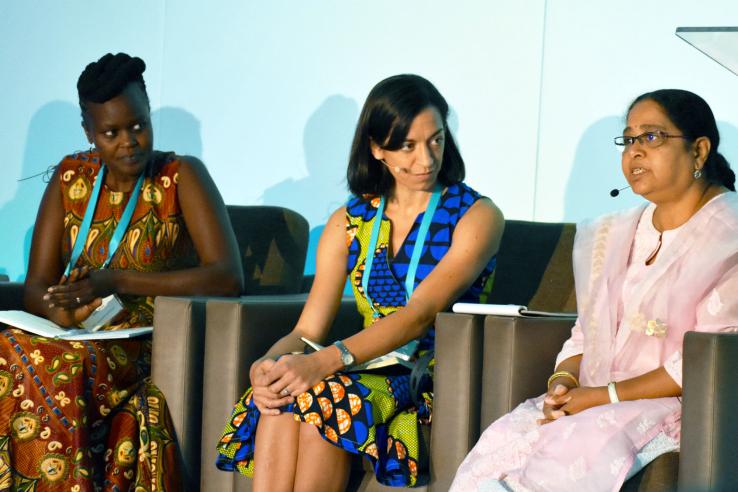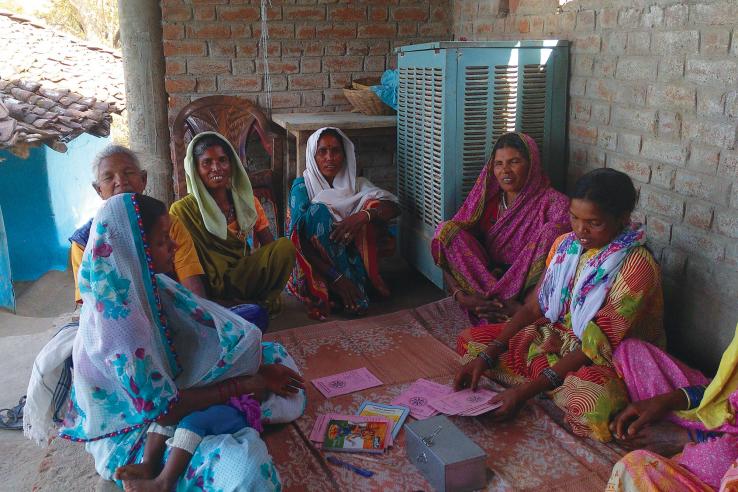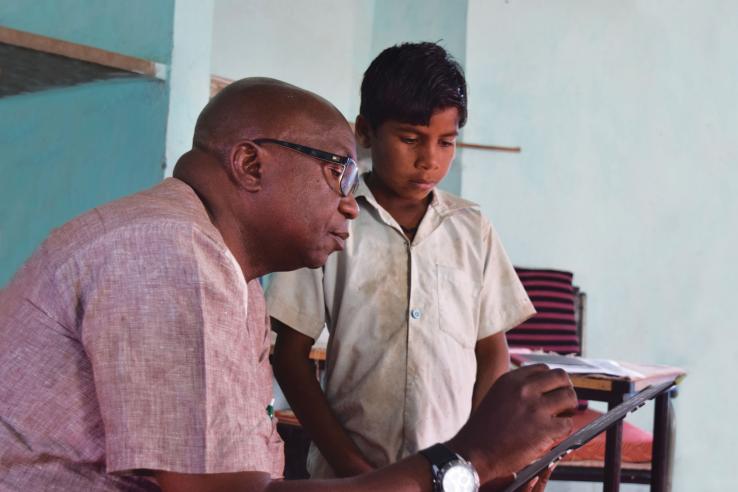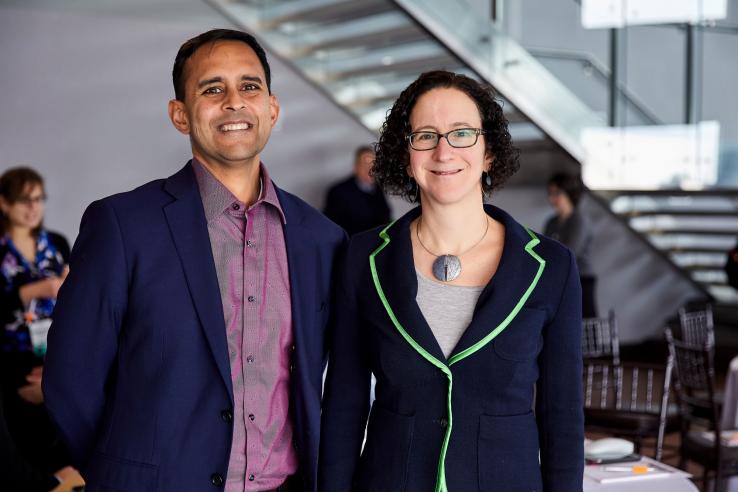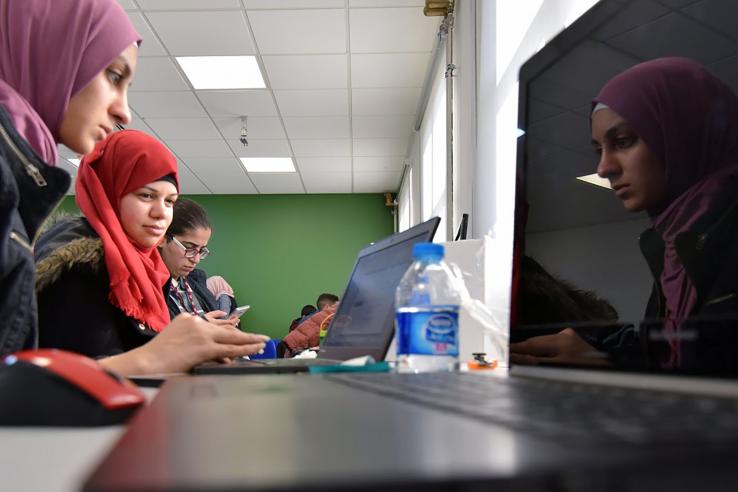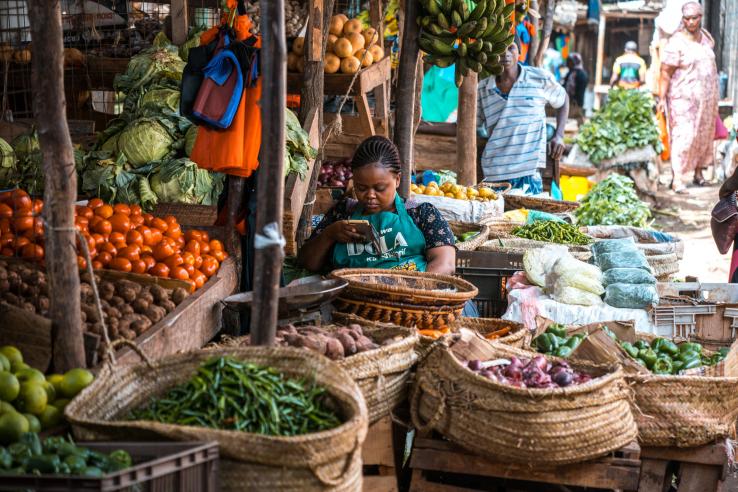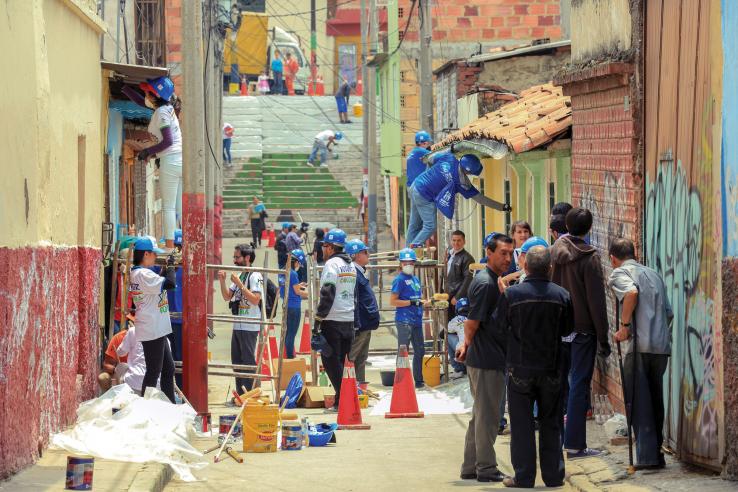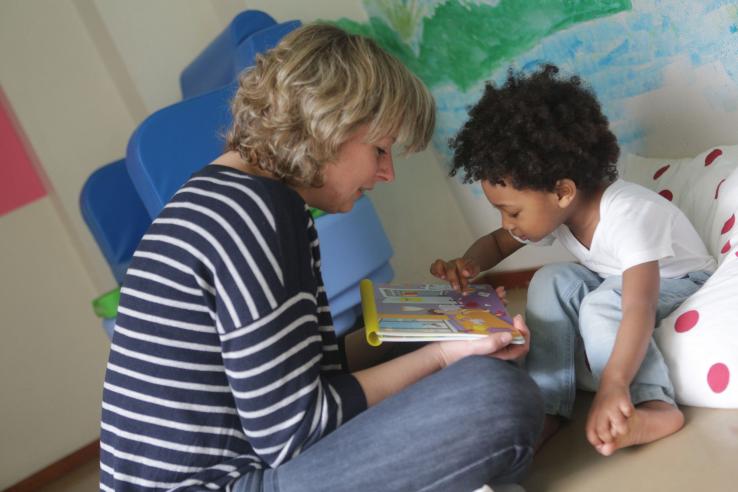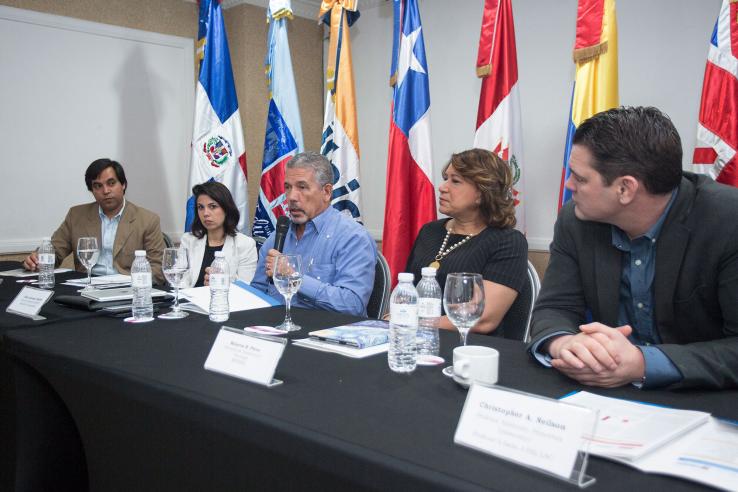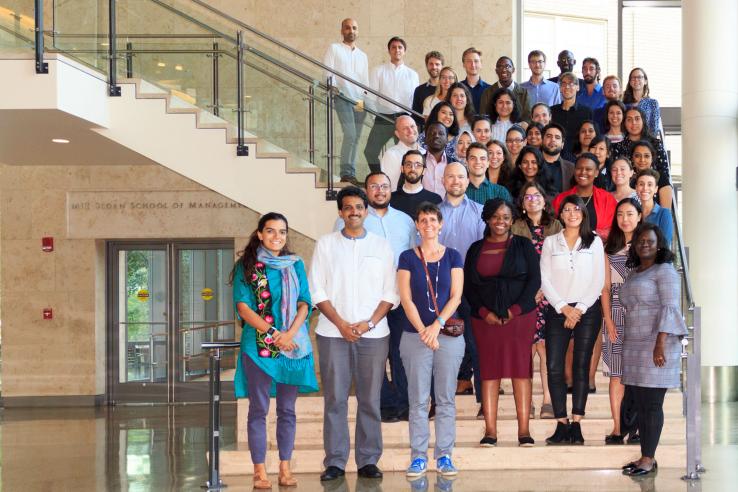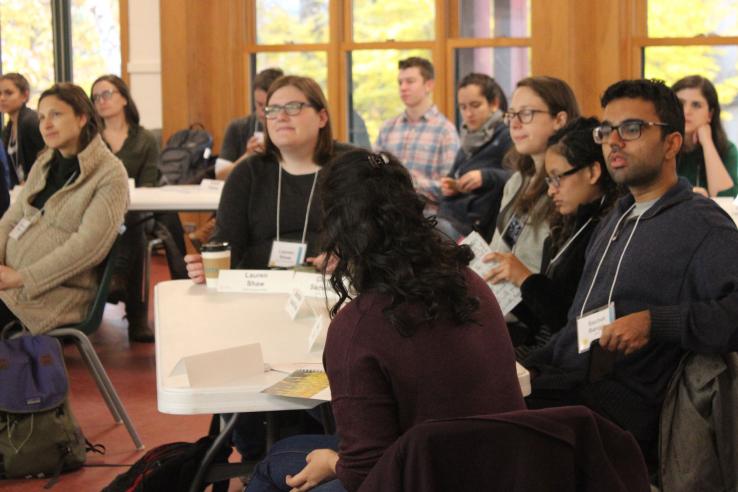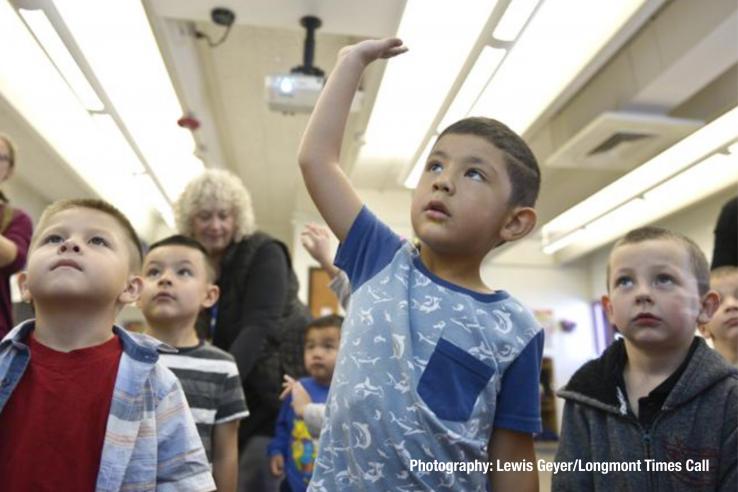Displaying 1441 - 1455 of 8337
Blog
A two-day conference in Johannesburg, South Africa, brought together more than 70 participants to learn about the Teaching at the Right Level approach.
Blog
If many more women are elected to office, we don’t yet know what impacts such an influx might have on policy decisions and gender norms in US society. However, many J-PAL affiliated researchers have explored this question in India by taking advantage of a naturally occurring experimental design.
Blog
Evidence to Policy pathways and case studies explore how J-PAL affiliated researchers and staff, along with government and NGO partners, have drawn on evidence produced by randomized evaluations to inform policy changes around the world.
Blog
In this guest post, Darshak Shavani writes about how a commitment to evidence, and a connection by J-PAL North America, led to the Center for Medicare and Medicaid Services (CMS) Innovation Center launching the first ever randomized evaluation of a major federal health insurance program in the...
Blog
Financial inclusion is on the rise, but 1.7 billion adults around the world still remain unbanked – can digital finance close help close the gap? As part of Financial Inclusion Week 2018, J-PAL Finance sector and CEGA's Digital Credit Observatory hosted a Twitter Chat to discuss this question and...
Blog
Our new J-PAL report, “Creating a Culture of Evidence Use: Lessons from J-PAL’s Government Partnerships in Latin America,” sheds light on the many paths from evidence to improved policy in government.
Blog
Many programs and policies across Europe aim to tackle social and economic exclusion of migrants and refugees, but there is little evidence suggesting which approaches work and which do not. J-PAL Europe recently released a white paper that reviews three key levers of social inclusion in the Europe...
Blog
My name is Shane DeRolf. I am the founder and CEO of Big Word Club, a digital learning company committed to improving the vocabularies of every kid in America. It all started about 25 years ago when I quit my job to pursue a dream. That dream was to create great media that helped kids think, learn...
Blog
Seema Jayachandran and Benjamin Olken are the new co-directors of the Development Economics Program at the National Bureau of Economic Research. In their new roles, they aim to promote diversity in gender, race, and methodology. Read the full Q&A to learn more.
